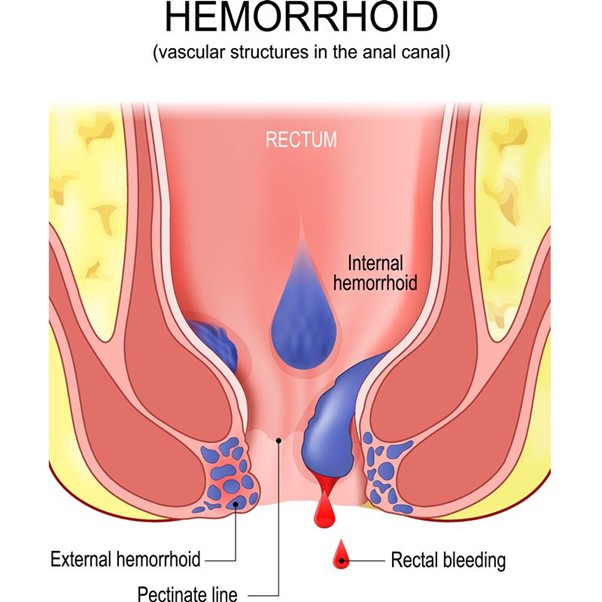Introduction
Piles, also called hemorrhoids, are swollen veins in the lower rectum or anus. They can cause pain, itching, and bleeding. Many people look for gentle ways to manage piles. Ayurveda for piles offers natural remedies and lifestyle tips. Ayurveda is an ancient Indian system of medicine. It uses herbs, diet, and therapies to support health. In this blog, you will learn about Ayurvedic treatment for piles, symptoms, causes, and prevention tips.
Symptoms of Piles
Piles can be uncomfortable. However, symptoms may vary from person to person. Early signs are often mild, but they can get worse if not treated. Common symptoms include:Itching or irritation around the anusPain or discomfort, especially while sittingSwelling or a lump near the anusBleeding during bowel movementsMucus discharge after passing stool
If you notice these signs, it is important to seek help. Early care can prevent problems from getting worse.
Causes of Piles
Piles develop when pressure builds up in the veins of the rectum or anus. Many factors can lead to this condition. Some common causes are:Chronic constipation or straining during bowel movementsSitting for long periods, especially on the toiletLow-fiber dietObesityPregnancyHeavy liftingFamily history of piles
Because these causes are common, piles affect many adults at some point in life. According to the World Health Organization (WHO), lifestyle changes can help lower the risk.
Ayurvedic Approach to Piles
Ayurveda for piles focuses on balancing the body’s natural energies. It uses herbs, therapies, and diet to ease symptoms. Ayurvedic treatment for piles aims to reduce swelling, improve digestion, and prevent recurrence. Here are some key elements:
Herbs Used in Ayurveda Piles Cure
Triphala: A blend of three fruits that supports digestion and relieves constipation.Haritaki: Known for its mild laxative effect and ability to reduce swelling.Neem: Used for its anti-inflammatory and healing properties.Aloe vera: Soothes irritation and helps with healing.
Ayurvedic Therapies
Kshara Sutra: A special medicated thread therapy for severe cases.Sitz baths: Warm water baths to ease pain and swelling.
Dietary Guidance
Eat high-fiber foods like fruits, vegetables, and whole grains.Drink plenty of water to keep stools soft.Avoid spicy, oily, and processed foods.
Because Ayurveda looks at the whole person, it also suggests stress management and regular exercise.
Ayurvedic Home Remedies for Piles
Many people try natural remedies for piles at home. While these may help mild cases, always talk to a doctor if symptoms persist. Some popular Ayurveda piles cure tips include:Apply aloe vera gel around the anus to soothe irritation.Drink warm water with a teaspoon of Triphala powder before bed.Use a sitz bath with neem leaves to reduce swelling.Eat soaked raisins or figs to ease constipation.Apply coconut oil to the affected area for relief.
However, if you have severe pain or bleeding, do not rely only on home remedies.
Prevention Tips Using Ayurveda
Preventing piles is possible with simple lifestyle changes. Ayurveda for piles recommends these steps:Eat a fiber-rich diet every day.Drink at least 8 glasses of water daily.Exercise regularly to keep your bowels moving.Do not delay going to the toilet when you feel the urge.Avoid sitting for long periods, especially on the toilet.Practice yoga or meditation to reduce stress.
Because prevention is easier than cure, these habits can help you stay healthy.
When to Consult a Doctor
While Ayurveda for piles can help many people, some cases need medical care. You should see a doctor if:You have heavy bleeding from the anusPain is severe or does not improveYou notice a lump that does not go awayHome remedies do not help after a week
Sometimes, piles can lead to other health problems. Early treatment can prevent complications. For personalized advice, consult an Ayurvedic specialist or your healthcare provider.
Consult an Ayurvedic specialist for personalized advice on managing piles.

